Food that keeps you healthy
Food for healthy lifestyle
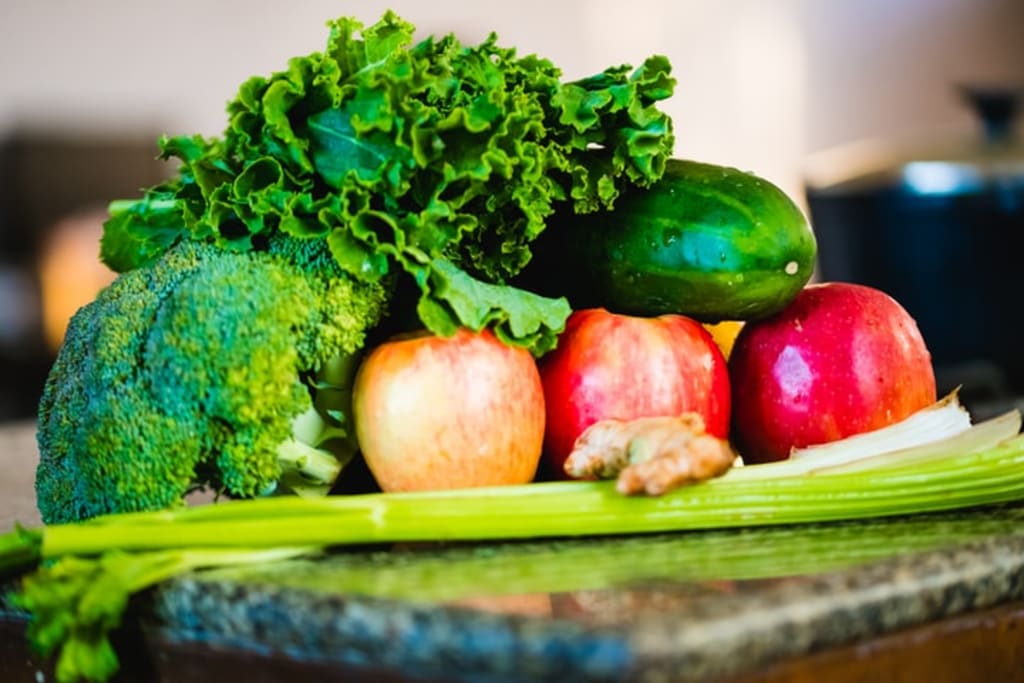
Every day, it seems, there's a new "superfood" that promises to alter your life. How can you know what's beneficial for you when there's so much information available? According to our specialists, the following are the top 15 foods you should consume:
1.Leafy greens vevegetables
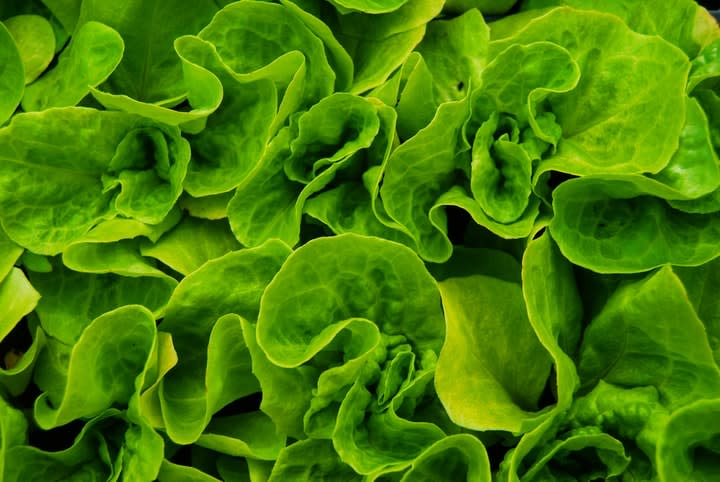
Dark, leafy greens are high in vitamin A, vitamin C, calcium, and a variety of phytochemicals (chemicals made by plants that have a positive effect on your health). Fiber is also included to the diet.
Include them in the following ways: Spinach, swiss chard, kale, collard greens, and mustard greens are all good choices. Toss them in salads or sauté them in some olive oil. Greens can also be added to soups and stews.
2.Apples
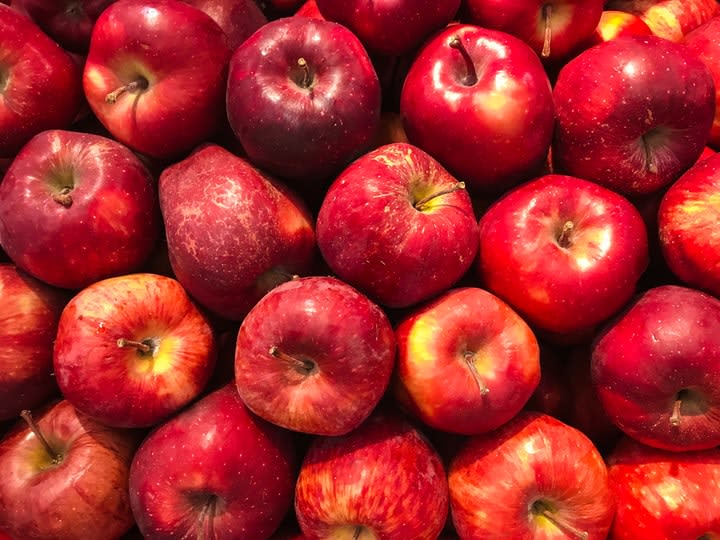
Apples are high in antioxidants, which help to fight free radicals. Free radicals are harmful chemicals produced by the body. They create unwanted changes in the body and may play a role in chronic diseases and the ageing process.
However, some research has been done.
According to Trusted Source, an antioxidant found in apples may help people live longer and reduce their risk of chronic disease.
3.Blueberries
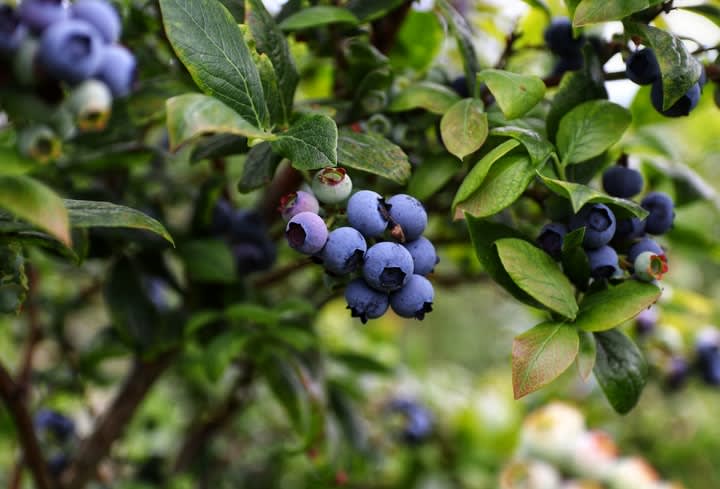
Blueberries have a lot of fibre, antioxidants, and phytonutrients in them. Phytonutrients, unlike minerals and vitamins, are not required for survival. They may, however, aid in the prevention of disease and the maintenance of vital biological functions.
Blueberries may help guard against cognitive decline, which may help lessen the risk of Alzheimer's disease, according to the authors of a 2019 reviewTrusted Source of 16 studies. Blueberries may also assist to reduce cardiovascular disease, according to the researchers.
Another research project is planned for 2019.
Blueberry polyphenols were discovered to lower obesity and some metabolic risk factors in mice, according to Trusted Source. They also improved the bacterial composition of the intestines.
According to a 2015 research trialTrusted Source, women with stage 1 hypertension who ate 22 grammes of freeze dried blueberries every day for 8 weeks saw a significant reduction in blood pressure.
4.Eggs

Eggs are another highly adaptable source of protein that people may readily add into a balanced diet.
Vitamins B-2 and B-12, which are both crucial for maintaining energy and forming red blood cells, are found in eggs. Eggs are also high in the important amino acid leucine, which helps to stimulate muscular protein synthesis. Choline, which is essential for cell membranes, is also abundant in eggs.
The yolk includes the majority of the nutrient and mineral content of the egg, as well as the fat and cholesterol. However, according to a 2017 study by Trusted Source, eating up to seven eggs a week does not increase the risk of heart disease. However, those with cardiovascular disease or diabetes should obtain medical advice before introducing eggs in their diet, according to the authors.
5.Whole Grains

At least two or three times a day, consume entire grains. Whole wheat flour, rye, oatmeal, barley, amaranth, quinoa, or a multigrain are all good options. Each serving of an excellent source of fibre contains 3 to 4 grammes of fibre. A good source contains at least 5 grammes of fibre per serving.
6.Fish

Fish should be consumed two to three times a week. 3 to 4 ounces of cooked fish constitute a serving. Salmon, trout, herring, bluefish, sardines, and tuna are all good alternatives.
7.Avocados
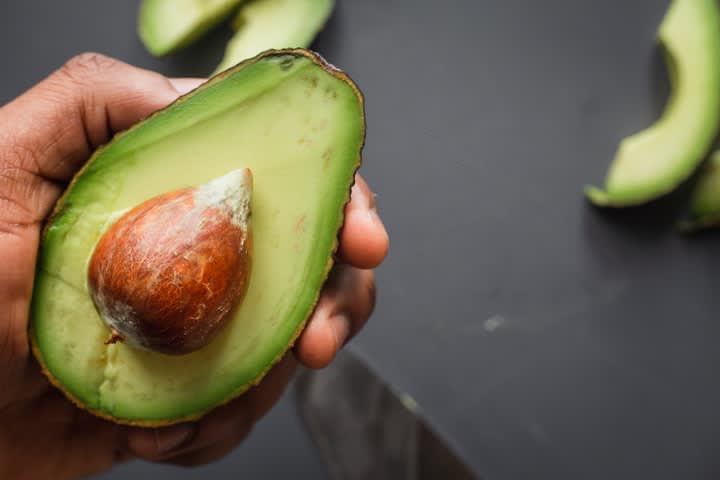
Avocados have a high fat content, which makes some individuals shun them. Avocados, on the other hand, are high in healthy fats, as well as B vitamins, vitamin K, and vitamin E. Avocados are high in fibre as well.
Avocados boosted levels of high-density lipoprotein, or "good," cholesterol in a 2018 reviewTrusted Source of studies. More bad cholesterol is removed from the bloodstream by this form of cholesterol.
Avocados may potentially have cancer-fighting qualities. Colored avocado seed extract lowered the viability of breast, colon, and prostate cancer cells in a test tube study published in 2019. However, the study did not say whether or not the same consequences would occur in humans.
According to one 2013 studyTrusted Source, avocados may also be linked to enhanced nutrient absorption, a healthier overall diet, and fewer metabolic risk factors.
8.Peas
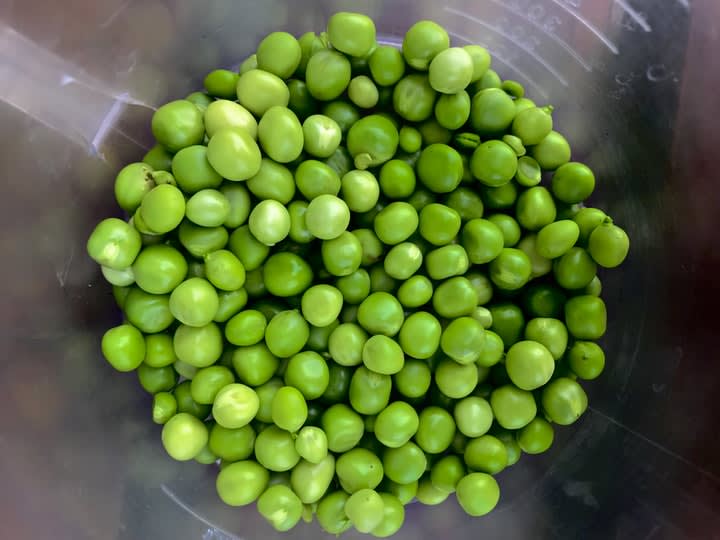
It's enough to make Popeye spit in his mouth: A cup of green peas has eight times the protein of a cup of spinach, despite their wimpy reputation. They'll also keep your immune system in tip-top shape, as they contain nearly 100% of your daily vitamin C requirement in just one cup. To increase the satiating power of eggs, layer them in a mason jar salad or add them to an omelette
9.Celery
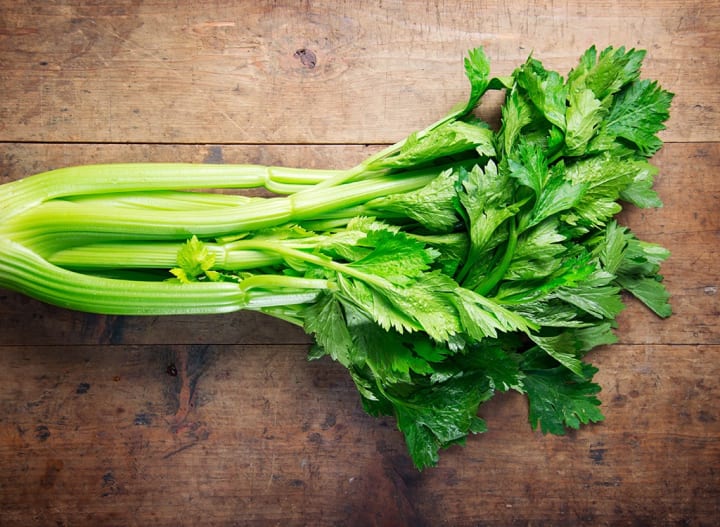
According to a 2014 study published in the journal Obesity, chewing until your food is lump-free increases the number of calories burned by the body during digestion: about 10 extra calories for a 300-calorie meal, implying that simply slowing down your chewing rate could result in an extra 2,000 calories burned per month. The study also discovered that chewing food fully boosts blood flow to the stomach and gut, which could aid digestion and increase nutrient absorption. It's worth including celery in your diet because it's long been regarded as one of the chewiest vegetables available, making it nearly calorie-free. Toss the hydrating vegetable into a tomato or chicken soup for an additional crunch that will quickly reduce your meal's overall calorie count. Celery is low-carb and high-protein, in addition to being quite chewy.
10.Tart Cherries
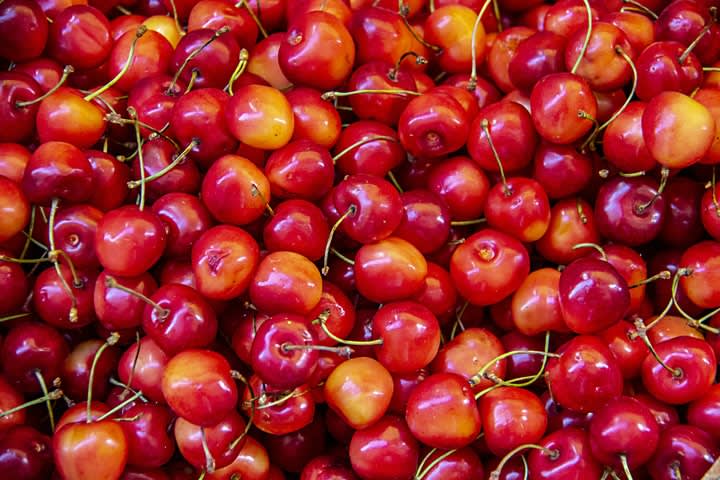
In a study on obese rats, tart cherries were found to improve heart health as well as body weight. Researchers from the University of Michigan discovered that rats fed antioxidant-rich tart cherries had 9% less belly fat than rats fed a "Western diet" after a 12-week study. Furthermore, the researchers discovered that cherry eating had a significant impact on fat gene expression. Combine it with these weight-loss-friendly breakfast foods.
Try this unlimited keto Meal plan
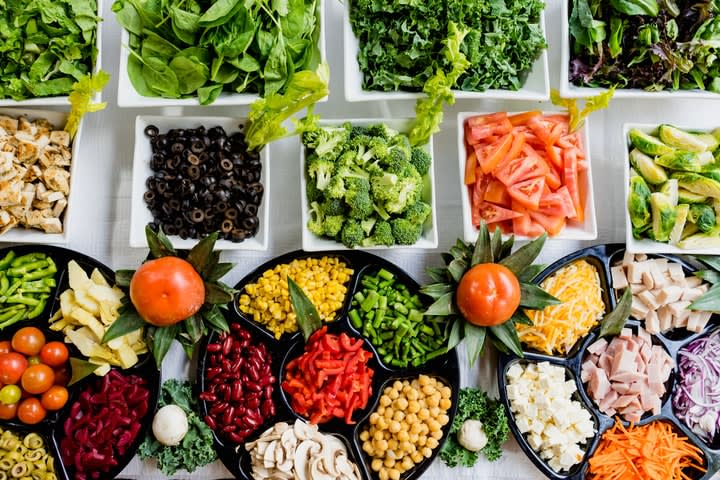
About the Creator
Health care
Health care


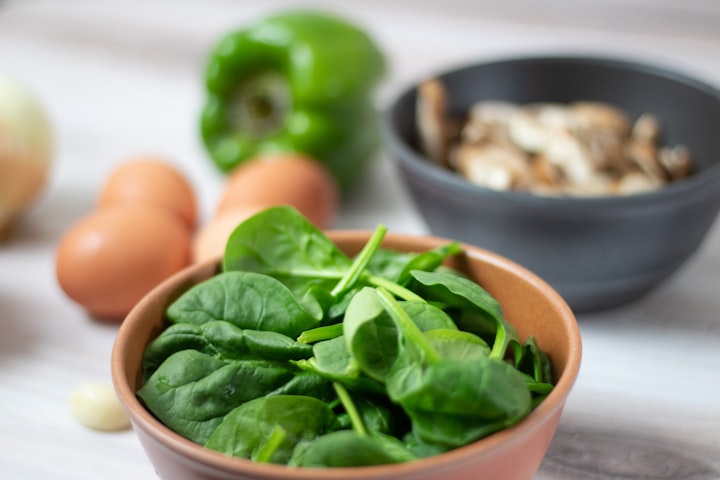



Comments
There are no comments for this story
Be the first to respond and start the conversation.